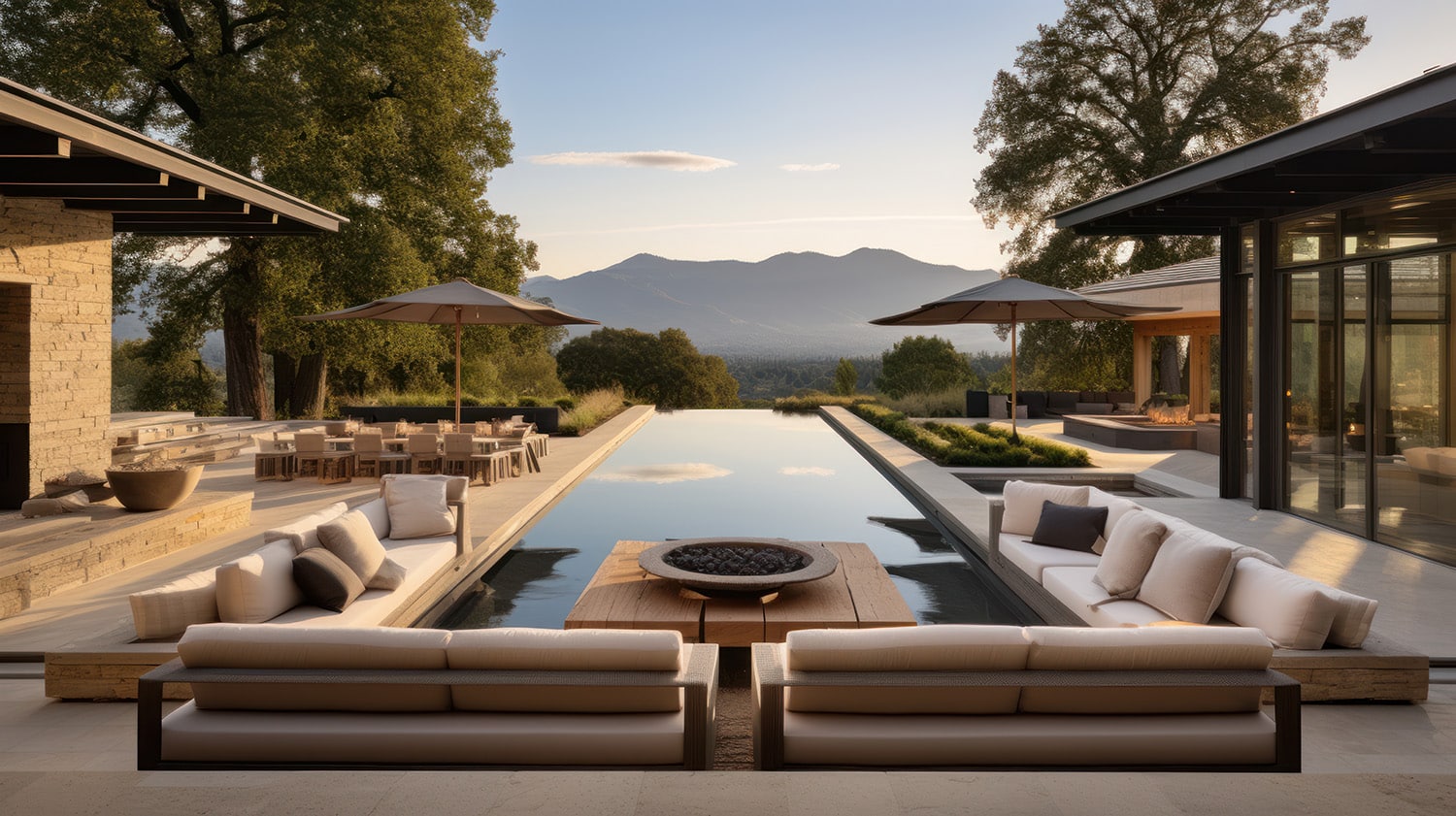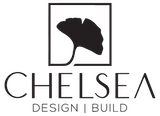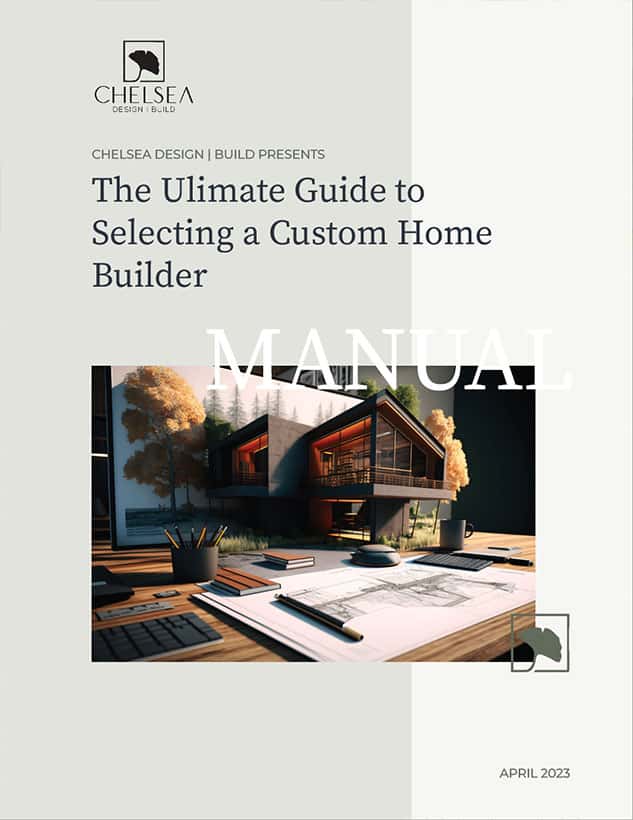
Building a custom home is a dream for many individuals and families. It’s an opportunity to bring your vision to life, create a space that reflects your personality, and tailor every aspect to your specific needs and preferences. However, amidst the excitement of designing and constructing your dream home, it’s important to make informed decisions about where to invest your resources and where to exercise caution. While it might be tempting to cut costs wherever possible, there are certain aspects of building a custom home that you should never skimp on. In this article, we’ll explore the five key things you should prioritize when building a custom home to ensure your investment is worthwhile and the end result is everything you hoped for.
-
Quality of Construction Materials
One of the fundamental areas where you should never compromise is the quality of construction materials. The longevity and durability of your custom home depend largely on the materials used in its construction. Opting for subpar materials might save you money upfront, but it can lead to higher maintenance costs, frequent repairs, and even structural issues in the long run.
When selecting materials, consider factors such as the climate of your location, the wear and tear the home will experience, and the overall aesthetic you’re aiming for. High-quality materials might have a higher initial cost, but they can significantly reduce ongoing maintenance expenses and enhance the overall value of your home. Whether it’s the foundation, framing, roofing, insulation, or finishes, prioritize quality to ensure your custom home stands the test of time.
-
Skilled and Experienced Professionals
Building a custom home involves a complex and intricate process that requires a team of skilled and experienced professionals. From architects and designers to contractors and tradespeople, the individuals you choose to work with will have a direct impact on the outcome of your project. Skimping on professionals by hiring those with little experience or offering low rates can lead to costly mistakes, delays, and a final result that falls short of your expectations.
Invest the time and effort to research and select professionals who have a proven track record of success in custom home construction. Look for referrals, check their previous projects, and have detailed discussions about your vision and requirements. While it might seem tempting to save money by cutting corners in this area, the expertise and craftsmanship of your chosen professionals will be reflected in the quality and functionality of your custom home.
-
Energy-Efficient Features
In an era of increasing environmental awareness and rising energy costs, incorporating energy-efficient features into your custom home is not just a trend, but a necessity. While energy-efficient appliances and systems might come with a higher upfront cost, they offer substantial long-term savings through reduced utility bills and a smaller carbon footprint.
Consider investing in features such as high-quality insulation, energy-efficient windows, LED lighting, programmable thermostats, and renewable energy sources like solar panels. These features not only contribute to ongoing savings but also enhance the resale value of your home. Additionally, many regions offer incentives and rebates for incorporating energy-efficient elements, further offsetting the initial investment.
-
Proper Space Planning and Design
The layout and design of your custom home play a crucial role in its functionality and livability. Skimping on proper space planning and design can lead to awkward layouts, wasted space, and a lack of harmony throughout the home. Hiring a skilled architect or designer who understands your vision and lifestyle is essential to creating a home that suits your needs.
Invest time in discussing your daily routines, family dynamics, and future needs with your chosen design professional. They can help you optimize the layout, flow, and organization of your home to maximize its potential. While it might be tempting to cut costs by forgoing professional design services, the value they add in terms of comfort, efficiency, and aesthetics is immeasurable.
-
Future-Proofing and Flexibility
When building a custom home, it’s important to consider not only your current needs but also potential future changes. Skimping on future-proofing features and flexibility can result in a home that quickly becomes outdated or no longer meets your requirements.
Think about aspects such as adaptable spaces that can serve multiple functions, accessible design elements that cater to different mobility needs, and the integration of smart home technology that can be updated over time. While these features might not have an immediate impact, they can significantly enhance the long-term livability and value of your custom home.
Conclusion
Building a custom home is a substantial investment of both time and resources, and it’s natural to want to minimize costs where possible. However, certain aspects of the construction process should never be compromised. Prioritizing the quality of construction materials, working with skilled professionals, incorporating energy-efficient features, focusing on proper space planning and design, and ensuring future-proofing and flexibility are all vital for creating a custom home that stands the test of time and meets your evolving needs.
Remember that a custom home is not just a structure; it’s a reflection of your aspirations and a place where memories will be made. By making informed decisions and allocating resources to these crucial aspects, you’ll ensure that your custom home becomes a sanctuary that brings joy and satisfaction for years to come.


